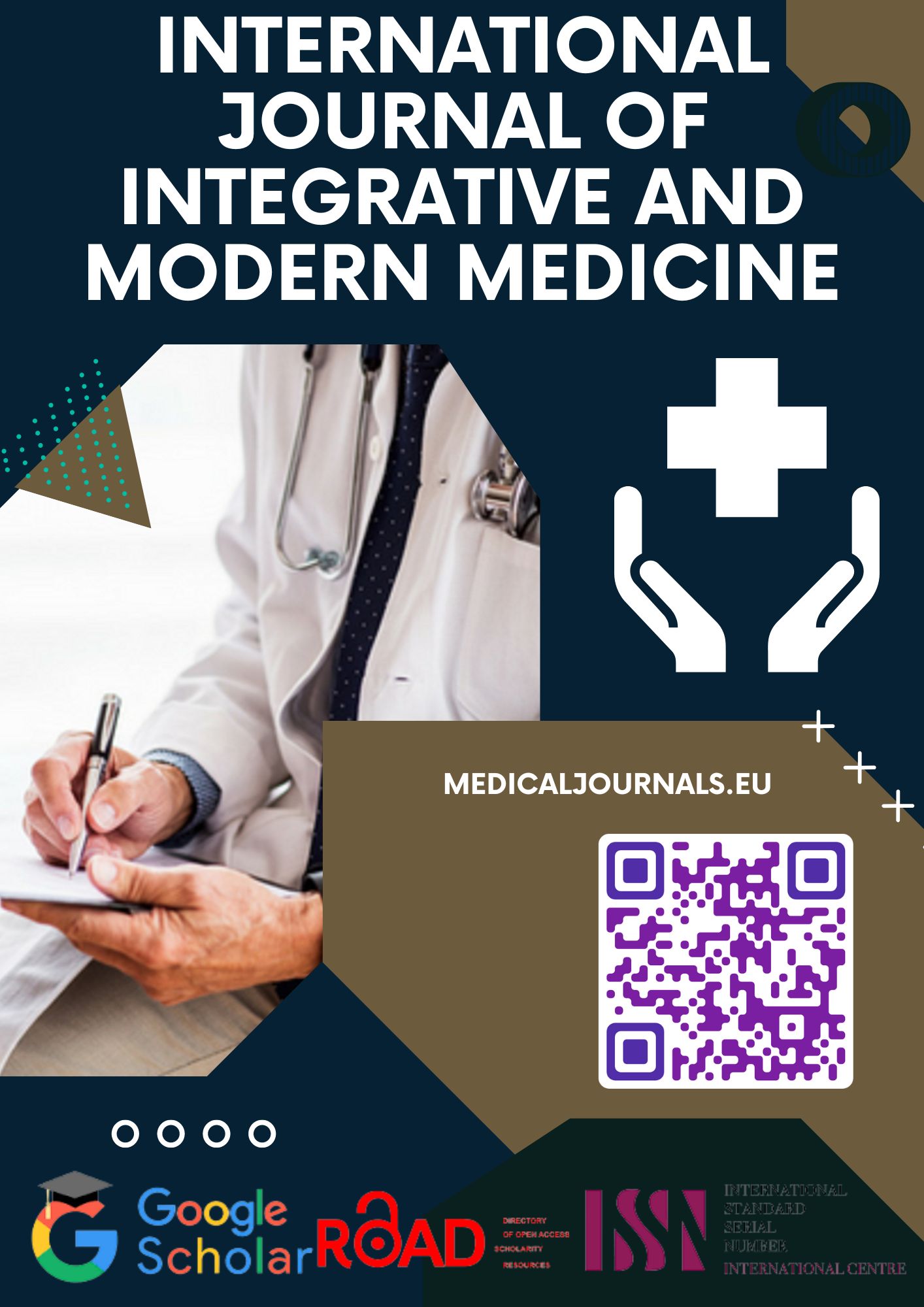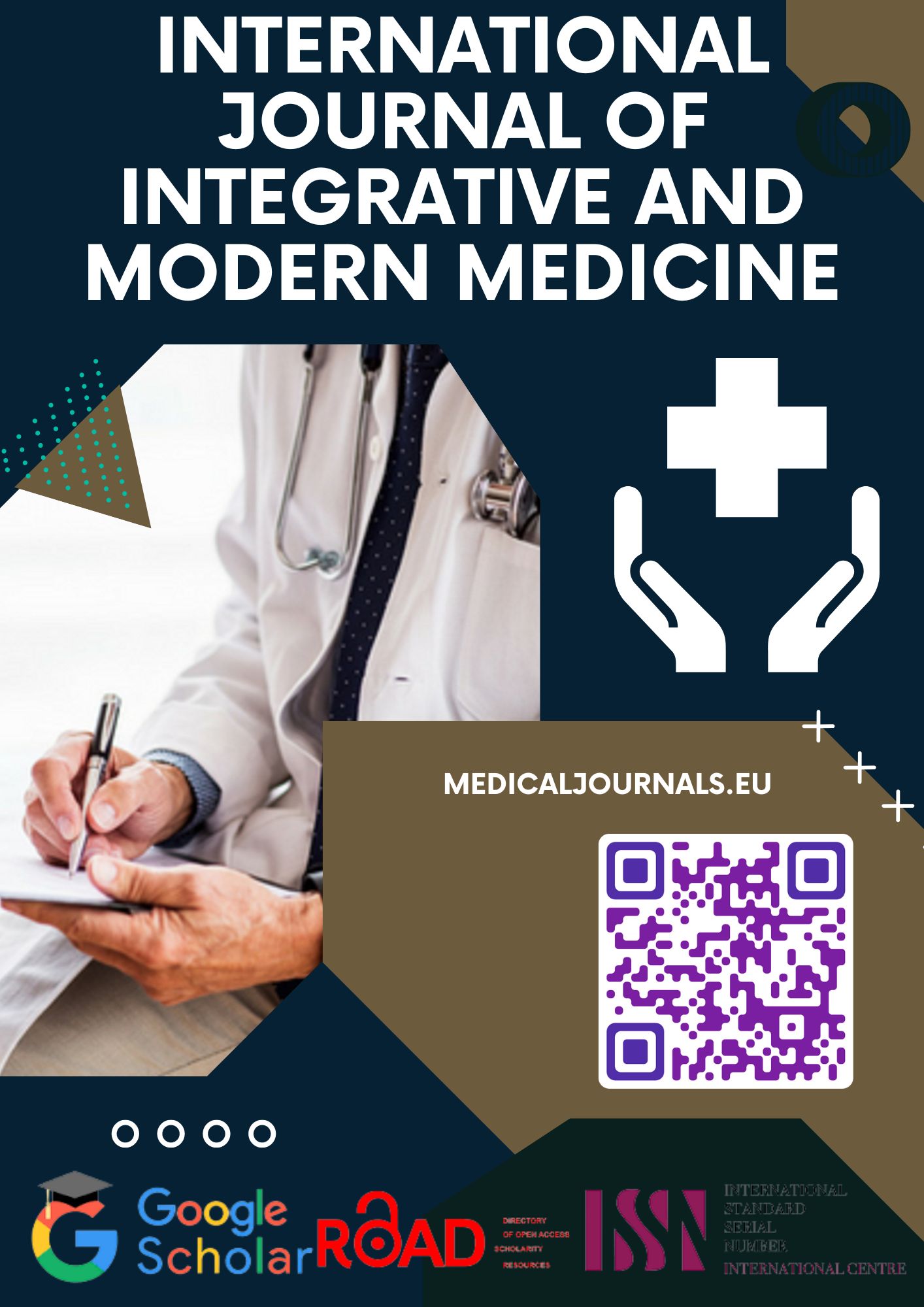The Relationship Between Sleep Deprivation and Cognitive Function in College Students
Keywords:
sleep deprivation, cognitive function, college students, working memory, attention, academic performanceAbstract
Background: Sleep deprivation is increasingly prevalent among college students, with potential significant impacts on cognitive performance and academic success. This study investigates the relationship between sleep duration, quality, and various measures of cognitive function in undergraduate students.
Methods: A cross-sectional study was conducted with 247 undergraduate students aged 18-24 years from a mid-sized university. Participants completed validated questionnaires, including the Pittsburgh Sleep Quality Index (PSQI), and maintained sleep diaries for 14 days. Cognitive function was assessed using computerized tests measuring attention, working memory, processing speed, and executive function. Sleep patterns were categorized into three groups: adequate sleep (≥7 hours), moderate sleep restriction (5-6.9 hours), and severe sleep restriction (<5 hours).
Results: Mean sleep duration was 6.2 ± 1.4 hours. Students with severe sleep restriction (n = 68) showed significantly impaired performance across all cognitive domains compared to those with adequate sleep (n = 89). Working memory scores were 23% lower (p < 0.001), sustained attention performance decreased by 18% (p < 0.01), and processing speed was reduced by 15% (p < 0.05) in severely sleep-deprived students. Poor sleep quality (PSQI > 5) was independently associated with decreased executive function performance (β = -0.34, p < 0.001).
Conclusions: Sleep deprivation significantly impairs multiple domains of cognitive function in college students, with dose-dependent relationships observed. These findings suggest that sleep intervention programs could potentially improve academic performance and overall well-being in this population.
References
1. Hirshkowitz M, Whiton K, Albert SM, et al. National Sleep Foundation's sleep time duration recommendations: methodology and results summary. Sleep Health. 2015;1(1):40-43.
2. Lund HG, Reider BD, Whiting AB, Prichard JR. Sleep patterns and predictors of disturbed sleep in a large population of college students. J Adolesc Health. 2010;46(2):124-132.
3. Gaultney JF. The prevalence of sleep disorders in college students: impact on academic performance. J Am Coll Health. 2010;59(2):91-97.
4. Steinberg L. A social neuroscience perspective on adolescent risk-taking. Dev Rev. 2008;28(1):78-106.
5. Xie L, Kang H, Xu Q, et al. Sleep drives metabolite clearance from the adult brain. Science. 2013;342(6156):373-377.
6. Diekelmann S, Born J. The memory function of sleep. Nat Rev Neurosci. 2010;11(2):114-126.
7. Walker MP. The role of sleep in cognition and emotion. Ann N Y Acad Sci. 2009;1156:168-197.
8. Lim J, Dinges DF. A meta-analysis of the impact of short-term sleep deprivation on cognitive variables. Psychol Bull. 2010;136(3):375-389.
9. Chee MW, Tan JC, Zheng H, et al. Lapsing during sleep deprivation is associated with distributed changes in brain activation. J Neurosci. 2008;28(21):5519-5528.
10. Tempesta D, Socci V, De Gennaro L, Ferrara M. Sleep and emotional processing. Sleep Med Rev. 2018;40:183-195.
11. Nilsson JP, Soderstrom M, Karlsson AU, et al. Less effective executive functioning after one night's sleep deprivation. J Sleep Res. 2005;14(1):1-6.
12. Orzech KM, Salafsky DB, Hamilton LA. The state of sleep among college students at a large public university. J Am Coll Health. 2011;59(7):612-619.
13. Chang AM, Aeschbach D, Duffy JF, Czeisler CA. Evening use of light-emitting eReaders negatively affects sleep, circadian timing, and next-morning alertness. Proc Natl Acad Sci. 2015;112(4):1232-1237.
14. Gilbert SP, Weaver CC. Sleep quality and academic performance in university students: a wake-up call for college psychologists. J Coll Stud Psychother. 2010;24(4):295-306.
15. Van Dongen HP, Maislin G, Mullington JM, Dinges DF. The cumulative cost of additional wakefulness: dose-response effects on neurobehavioral functions and sleep physiology from chronic sleep restriction and total sleep deprivation. Sleep. 2003;26(2):117-126.
16. Goel N, Rao H, Durmer JS, Dinges DF. Neurocognitive consequences of sleep deprivation. Semin Neurol. 2009;29(4):320-339.
17. Dewald JF, Meijer AM, Oort FJ, Kerkhof GA, Bogels SM. The influence of sleep quality, sleep duration, and sleepiness on school performance in children and adolescents: a meta-analytic review. Sleep Med Rev. 2010;14(3):179-189.
18. Buysse DJ, Reynolds CF, Monk TH, Berman SR, Kupfer DJ. The Pittsburgh Sleep Quality Index: a new instrument for psychiatric practice and research. Psychiatry Res. 1989;28(2):193-213.
19. Dinges DF, Powell JW. Microcomputer analyses of performance on a portable, simple visual RT task during sustained operations. Behav Res Methods Instrum Comput. 1985;17(6):652-655.
20. Fan J, McCandliss BD, Sommer T, Raz A, Posner MI. Testing the efficiency and independence of attentional networks. J Cogn Neurosci. 2002;14(3):340-347.
21. Turner ML, Engle RW. Is working memory capacity task-dependent? J Mem Lang. 1989;28(2):127-154.
22. Smith A. Symbol Digit Modalities Test. Los Angeles: Western Psychological Services; 1982.
23. Grant DA, Berg EA. A behavioral analysis of the degree of reinforcement and ease of shifting to new responses in a Weigl-type card-sorting problem. J Exp Psychol. 1948;38(4):404-411.
24. Stroop JR. Studies of interference in serial verbal reactions. J Exp Psychol. 1935;18(6):643-662.
25. Cohen S, Kamarck T, Mermelstein R. A global measure of perceived stress. J Health Soc Behav. 1983;24(4):385-396.
26. Horne JA, Ostberg O. A self-assessment questionnaire to determine morningness-eveningness in human circadian rhythms. Int J Chronobiol. 1976;4(2):97-110.
27. Tsai LL, Li SP. Sleep patterns in college students: gender and grade differences. J Psychosom Res. 2004;56(2):231-237.
28. Williamson AM, Feyer AM. Moderate sleep deprivation produces impairments in cognitive and motor performance equivalent to legally prescribed levels of alcohol intoxication. Occup Environ Med. 2000;57(10):649-655.
29. Drummond SP, Brown GG, Gillin JC, Stricker JL, Wong EC, Buxton RB. Altered brain response to verbal learning following sleep deprivation. Nature. 2000;403(6770):655-657.
30. Alloway TP, Alloway RG. Investigating the predictive roles of working memory and IQ in academic attainment. J Exp Child Psychol. 2010;106(1):20-29.
31. Barger LK, Cade BE, Ayas NT, et al. Extended work shifts and the risk of motor vehicle crashes among interns. N Engl J Med. 2005;352(2):125-134.
32. Krause AJ, Simon EB, Mander BA, et al. The sleep-deprived human brain. Nat Rev Neurosci. 2017;18(7):404-418.
33. Yeo BT, Krienen FM, Sepulcre J, et al. The organization of the human cerebral cortex estimated by intrinsic functional connectivity. J Neurophysiol. 2011;106(3):1125-1165.
34. Friedrich A, Schlarb AA. Let's talk about sleep: a systematic review of psychological interventions to improve sleep in college students. J Sleep Res. 2018;27(1):4-22.








